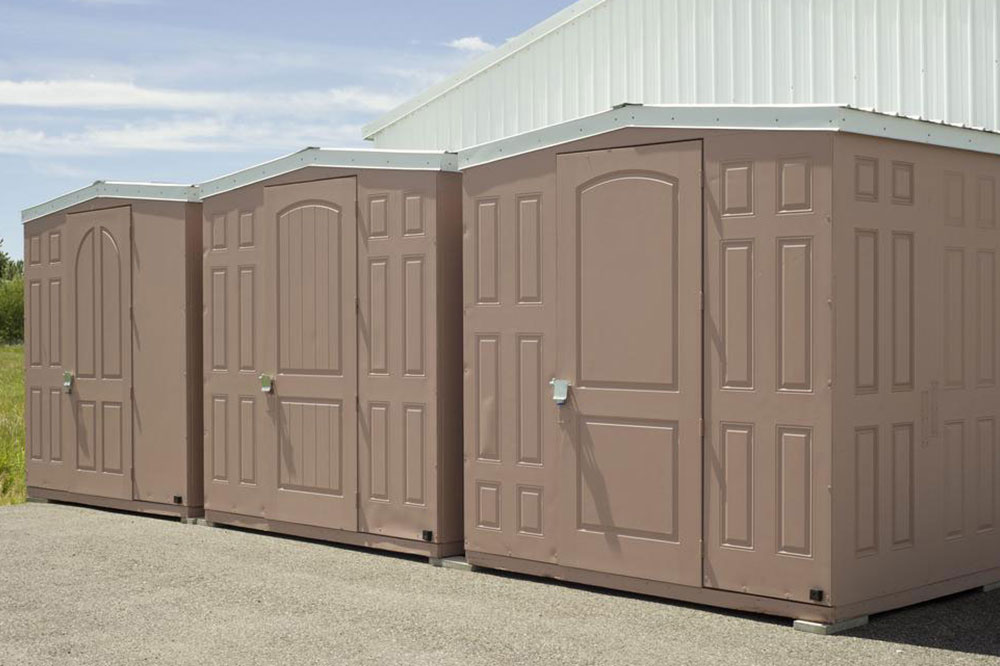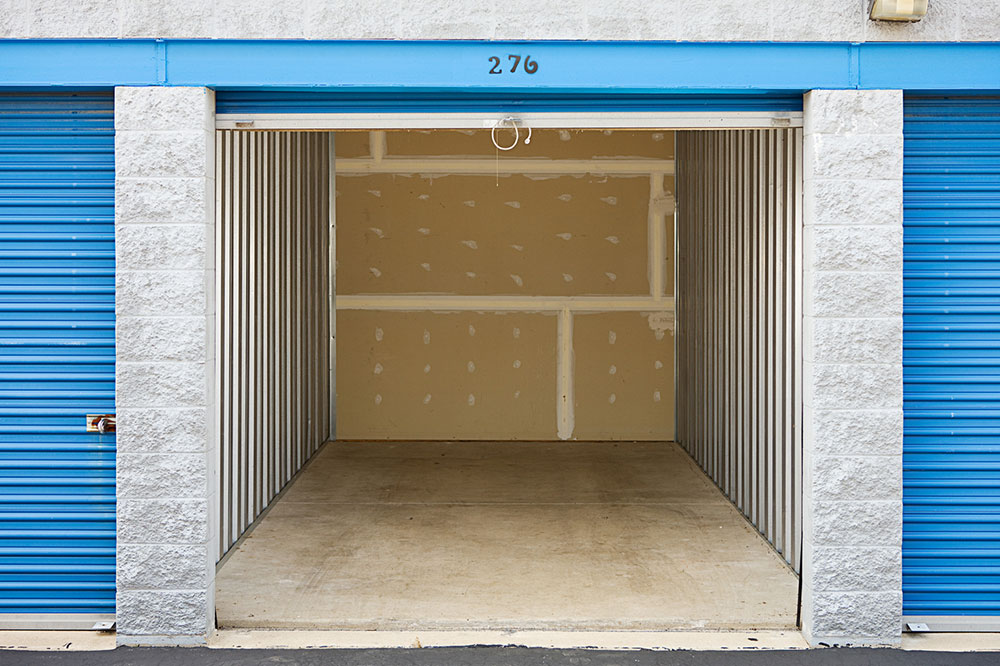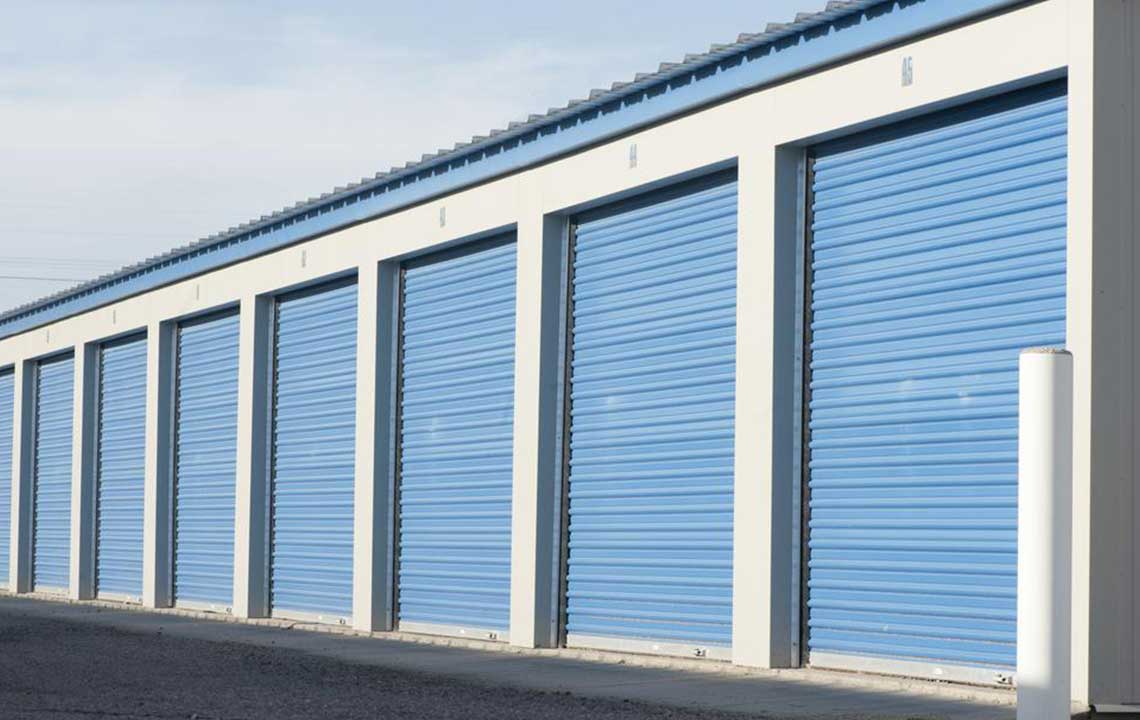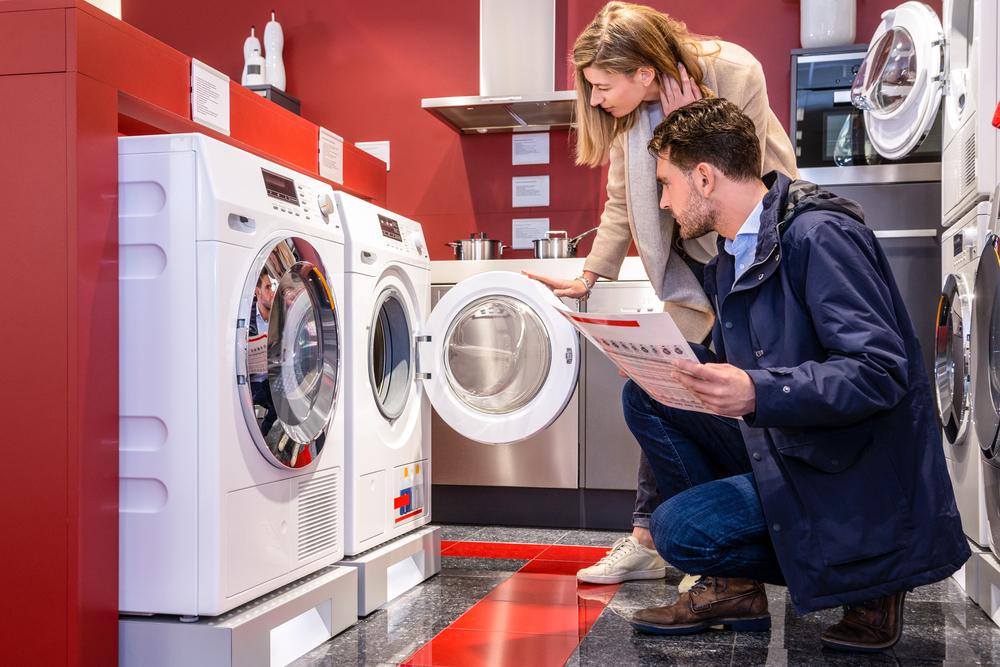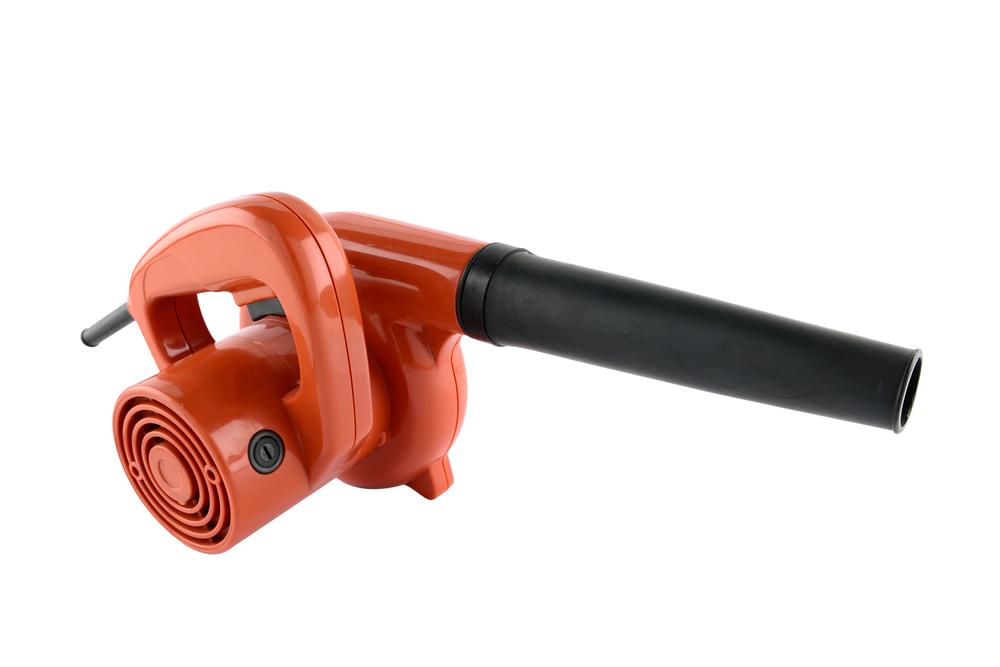A Comprehensive Guide to Storage Units: Types, Selection Tips, and Key Considerations
Explore our comprehensive guide to storage units, covering types, selection tips, and key factors. Learn how to choose the right storage solution based on size, security, cost, and purpose to ensure your belongings are safely stored with ease and affordability.
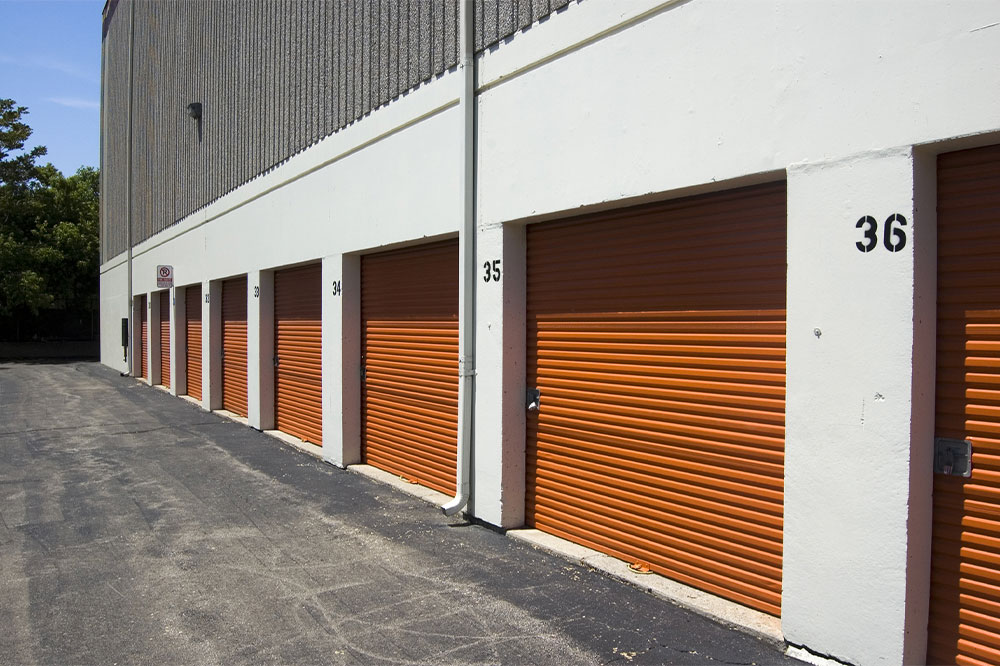
A Comprehensive Guide to Storage Units: Types, Selection Tips, and Key Considerations
A storage unit provides a designated space within a facility where you can securely keep your belongings. Individuals rent these spaces temporarily or on a permanent basis when their homes lack sufficient storage. Choosing the right unit involves considering factors such as size, type, cost, and accessibility to ensure it meets your needs effectively.
Understanding How Storage Units Operate
Before exploring storage options, familiarize yourself with the basics. Storage facilities generally fall into two categories—full-service and self-storage.
Full-service storage providers simplify the process by offering comprehensive services like item pickup and delivery, saving clients the trouble of transport. These tend to be more costly but include added conveniences. Self-storage options are more affordable, where you transport your belongings yourself and manage storage. For short-term needs, self-storage offers secure, budget-friendly options.
When selecting a unit, consider the duration of use. Short-term rentals typically favor self-storage for cost efficiency.
Different Types of Storage Spaces
Indoor Units: Climate-controlled to safeguard fragile or valuable items such as documents, collectibles, or vintage items from environmental damage.
Outdoor Units: Covered units with drive-up access, ideal for large or frequently accessed items, including vehicles.
Vehicle Storage: Secure parking spots for cars, including options for unprotected or covered parking spaces, suitable for long trips or safe vehicle storage.
Wine Storage: Insulated units designed to maintain optimal temperature and humidity, perfect for wine enthusiasts lacking a dedicated cellar.
Key Factors in Choosing a Storage Facility
When searching online for “storage units near me,” evaluate several critical factors to find the best match:
Accessibility: Verify if the facility provides 24/7 access for convenience.
Security: Look for safety features like locks, cameras, and security personnel to protect your valuables.
Pricing: Check for discounts, specials, and competitive rates, especially for short-term use.
Availability: Ensure the facility has the unit size and services you need.
Location: Proximity can impact both convenience and cost; choose based on your visit frequency.
Reviews: Read feedback from other customers to assess reliability, safety, and customer service.
Requirements for Renting a Storage Unit
Typically, you'll need to present valid ID, such as a driver’s license, passport, or military ID, and sign a rental agreement.
Pricing Considerations
Costs depend on size, rental duration, and availability. Month-to-month contracts are common, but longer-term commitments can reduce costs. High demand may increase prices, while available units can lead to better deals. It's essential to choose a storage solution that fits your budget and offers adequate protection for your belongings.
Whether for cleaning, renovations, or moving, a storage unit is a practical solution to manage space efficiently. Selecting the right unit involves balancing convenience, security, and affordability.

